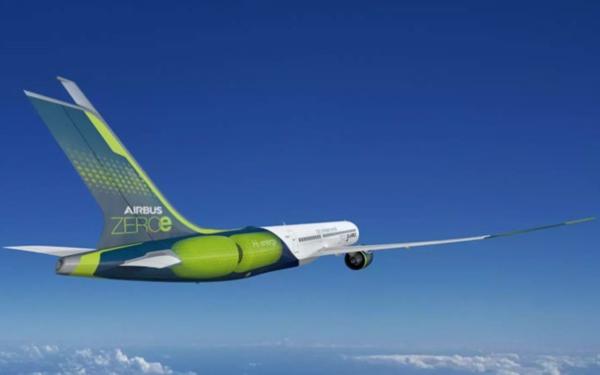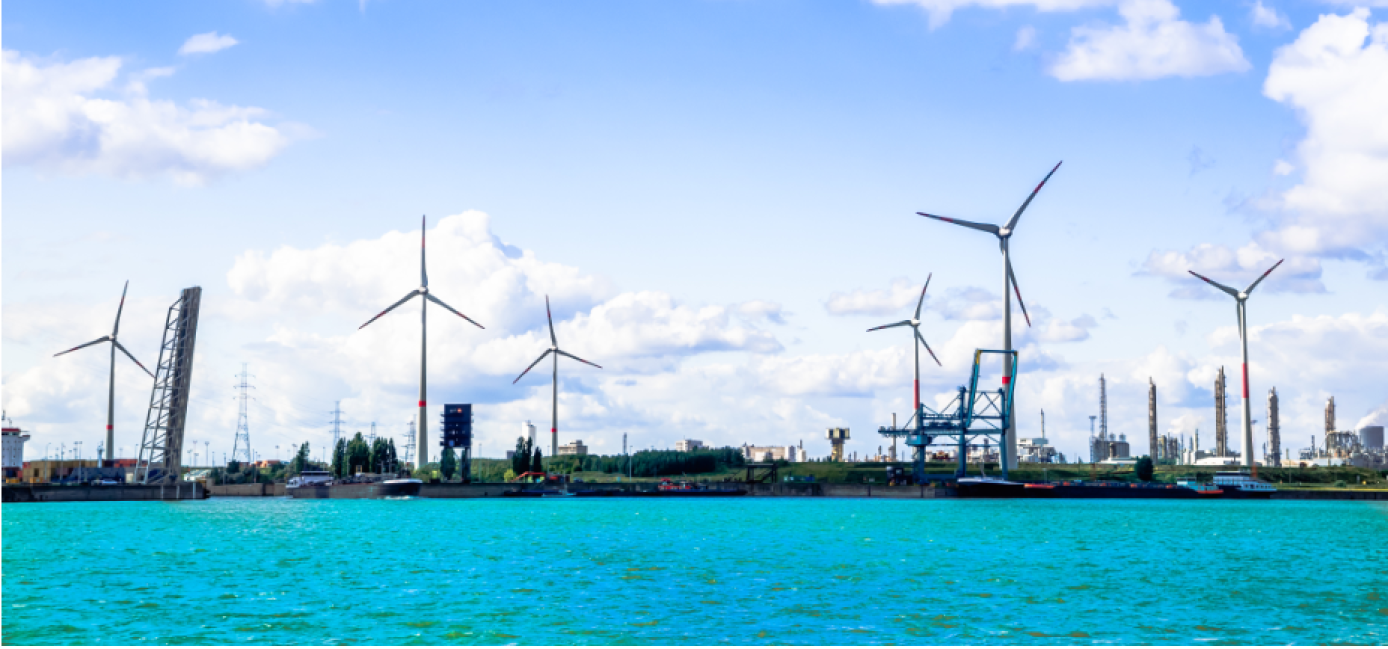
Hydrogen news from the aviation sector
Rolls-Royce and easyJet set new world first with aero engine on hydrogen
Rolls-Royce and easyJet confirmed they have set a new aviation milestone with the world’s first run of a modern aero engine on hydrogen.
The ground test was conducted on an early concept demonstrator using green hydrogen created by wind and tidal power. It marks a major step towards proving that hydrogen could be a zero carbon aviation fuel of the future and is a key proof point in the decarbonisation strategies of both Rolls-Royce and easyJet.
Both companies have set out to prove that hydrogen can safely and efficiently deliver power for civil aero engines and are already planning a second set of tests, with a longer-term ambition to carry out flight tests.
Airbus Develops Cryogenic Tanks and Fuel Cell Engines to Support H2-powered planes
Airbus is developing cryogenic hydrogen storage tanks for future liquid hydrogen-fuelled aircrafts. The final objective is to have a tank ready to install in the A380 demonstrator by 2026-2028.
Airbus said in a statement that in its simplest terms there are two main technologies that enable aircrafts to be powered with hydrogen: You can power an engine with hydrogen combustion through modified gas turbine engines and use hydrogen fuel cells to generate electrical power. A hybrid approach uses a mixture of both technologies.
Regardless of the option employed, liquid hydrogen can only be stored at -253 degrees Celsius and needs to be kept at that temperature consistently throughout the whole flight. Therefore, tanks for hydrogen-fuelled planes are a vital component. However, they are very different to ones found on conventional aircrafts.

